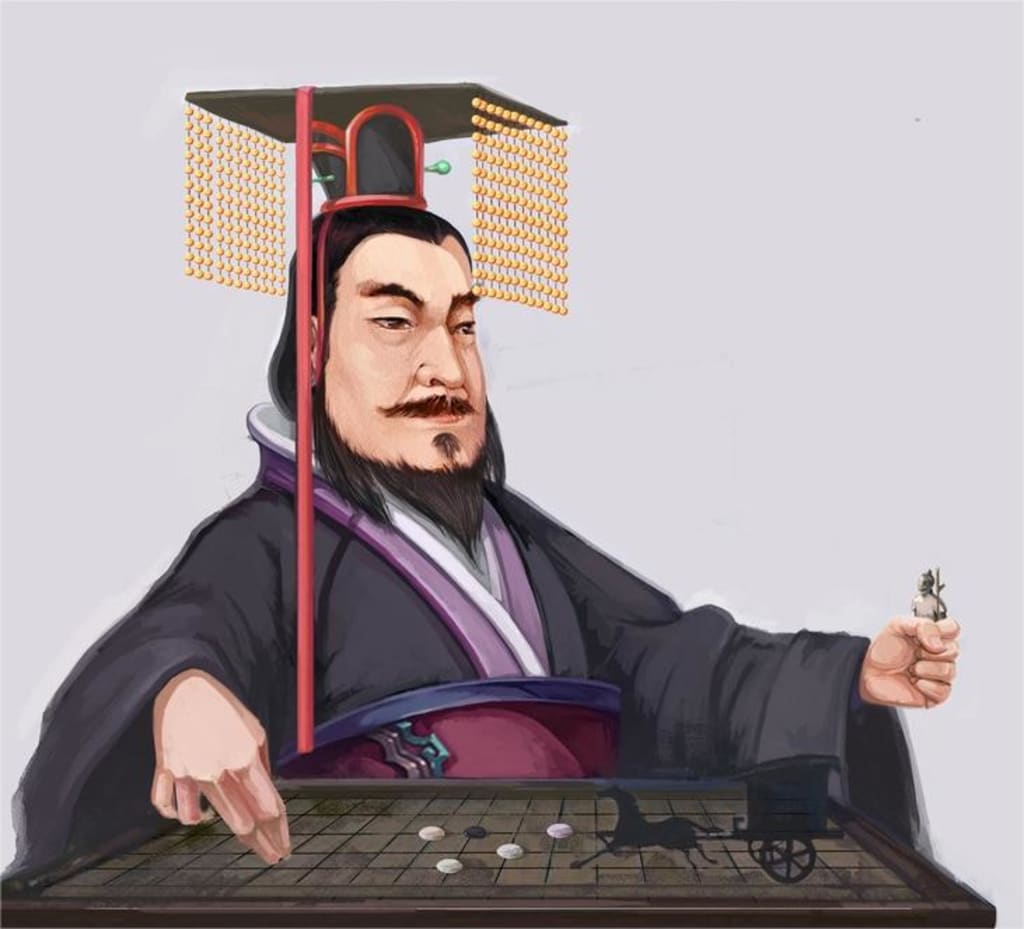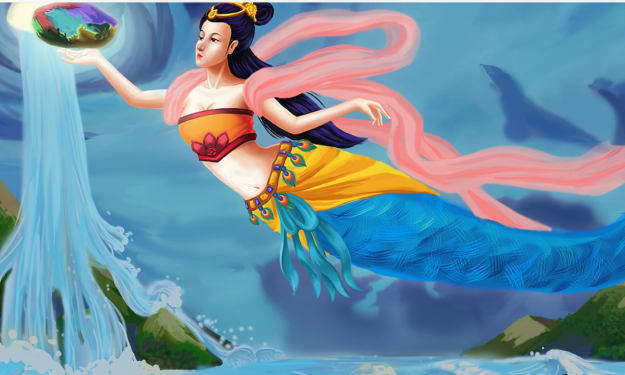
Qin Shi Huang (259-210 BCE) was the first emperor of China and is credited with unifying the country after centuries of division and warfare. He accomplished this through a combination of military conquest, standardization of language and writing, and centralization of political power.
Qin Shi Huang rose to power in the state of Qin, which was one of several small states that were vying for dominance in ancient China. He became king of Qin at the age of 13 and began to expand his territory through a series of military campaigns.
He conquered the neighboring states of Han, Wei, Zhao, and Yan, and then turned his attention to Chu, which was a powerful state in the south. After a long and bloody war, Qin Shi Huang emerged victorious and became the first emperor of a unified China in 221 BCE.
To solidify his power and ensure the loyalty of his subjects, Qin Shi Huang implemented a series of reforms that aimed to standardize Chinese culture and society. He standardized weights and measures, currency, and the written language, which helped to facilitate communication and trade between different regions of China.
He also ordered the construction of many public works projects, including the Great Wall and the Grand Canal, which helped to connect different parts of the country and facilitated the movement of troops and goods.
In addition to these reforms, Qin Shi Huang centralized political power in the hands of the emperor, creating a bureaucracy that was loyal to him and his dynasty. He abolished feudalism and created a system of prefectures and counties that were governed by officials appointed by the central government.
Qin Shi Huang's rule was not without controversy, however. He was known for his harsh and authoritarian methods, and he ordered the burning of books and the burying of scholars in an effort to suppress dissent and promote his own ideology.
Despite these controversies, Qin Shi Huang is remembered as a significant figure in Chinese history for his role in unifying the country and laying the foundations for a centralized, bureaucratic state that would endure for centuries to come.
The legacy of Qin Shi Huang's unification of China is a complex and nuanced one. On the one hand, his military conquests and administrative reforms helped to bring stability and unity to a country that had been divided for centuries. He created a centralized government that was able to oversee large-scale infrastructure projects, maintain law and order, and promote economic growth.
However, his rule was also marked by authoritarianism and repression. He suppressed dissent and opposition, and his policies often came at the expense of individual liberties and civil rights. The burning of books and the burying of scholars, for example, was a particularly egregious act of censorship that stifled intellectual and cultural diversity in China.
Furthermore, the legacy of Qin Shi Huang's rule has been a subject of debate and controversy in China throughout history. While some have celebrated his contributions to Chinese unity and nation-building, others have criticized his heavy-handed methods and his disregard for cultural and intellectual diversity.
Ultimately, whether Qin Shi Huang's unification of China was "good" or "bad" for the country is a matter of interpretation and perspective. While his legacy continues to shape Chinese culture and politics to this day, it is important to acknowledge both the positive and negative aspects of his rule and to strive for a more nuanced understanding of his contributions to Chinese history.
The legacy of Qin Shi Huang's rule continues to have a significant impact on Chinese culture and politics to this day.
On the one hand, his unification of China helped to create a strong and centralized state that was able to promote economic growth, maintain law and order, and oversee large-scale infrastructure projects. His standardization of weights and measures, currency, and the written language helped to facilitate communication and trade between different regions of China and laid the foundation for a shared cultural identity.
Furthermore, the Great Wall and the Grand Canal that he ordered to be built are still regarded as marvels of engineering to this day and continue to attract millions of tourists from around the world.
However, his rule was also marked by authoritarianism and repression. His burning of books and the burying of scholars, for example, was a particularly egregious act of censorship that stifled intellectual and cultural diversity in China.
Furthermore, his legacy has been a subject of debate and controversy in China throughout history. While some have celebrated his contributions to Chinese unity and nation-building, others have criticized his heavy-handed methods and his disregard for cultural and intellectual diversity.
Today, the legacy of Qin Shi Huang's rule continues to shape Chinese culture and politics. The Chinese government often looks to the country's imperial past as a source of national pride and legitimacy, and the construction of massive public works projects continues to be seen as a symbol of the country's strength and technological prowess.
However, there are also many in China who are critical of the authoritarian aspects of Qin Shi Huang's rule and who advocate for greater individual freedoms and civil rights. The debate over Qin Shi Huang's legacy thus continues to be an important part of China's ongoing cultural and political discourse.
About the Creator
David cen
Share Chinese Sory,which you never heard before.China has 5000 years history and it is A kingdom of artifacts.Such as Chinese Kongfu,Qigong etc.






Comments
There are no comments for this story
Be the first to respond and start the conversation.